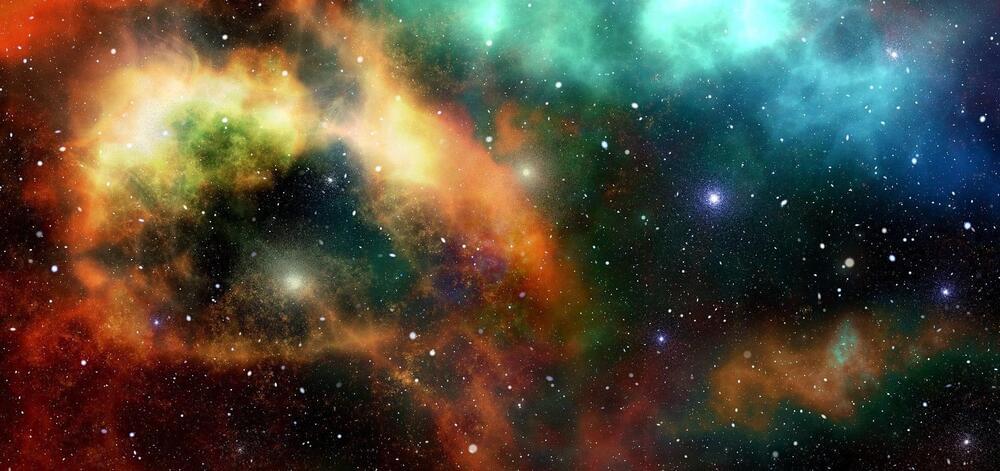Black holes with masses equivalent to millions of suns do put a brake on the birth of new stars, say astronomers. Using machine learning and three state-of-the-art simulations to back up results from a large sky survey, researchers from the University of Cambridge have resolved a 20-year long debate on the formation of stars.
Star formation in galaxies has long been a focal point of astronomy research. Decades of successful observations and theoretical modeling resulted in our good understanding of how gas collapses to form new stars both in and beyond our own Milky Way. However, thanks to all-sky observing programs like the Sloan Digital Sky Survey (SDSS), astronomers realized that not all galaxies in the local Universe are actively star-forming—there exists an abundant population of “quiescent” objects which form stars at significantly lower rates.
The question of what stops star formation in galaxies remains the biggest unknown in our understanding of galaxy evolution, debated over the past 20 years. Joanna Piotrowska and her team at the Kavli Institute for Cosmology set up an experiment to find out what might be responsible.









Comments are closed.